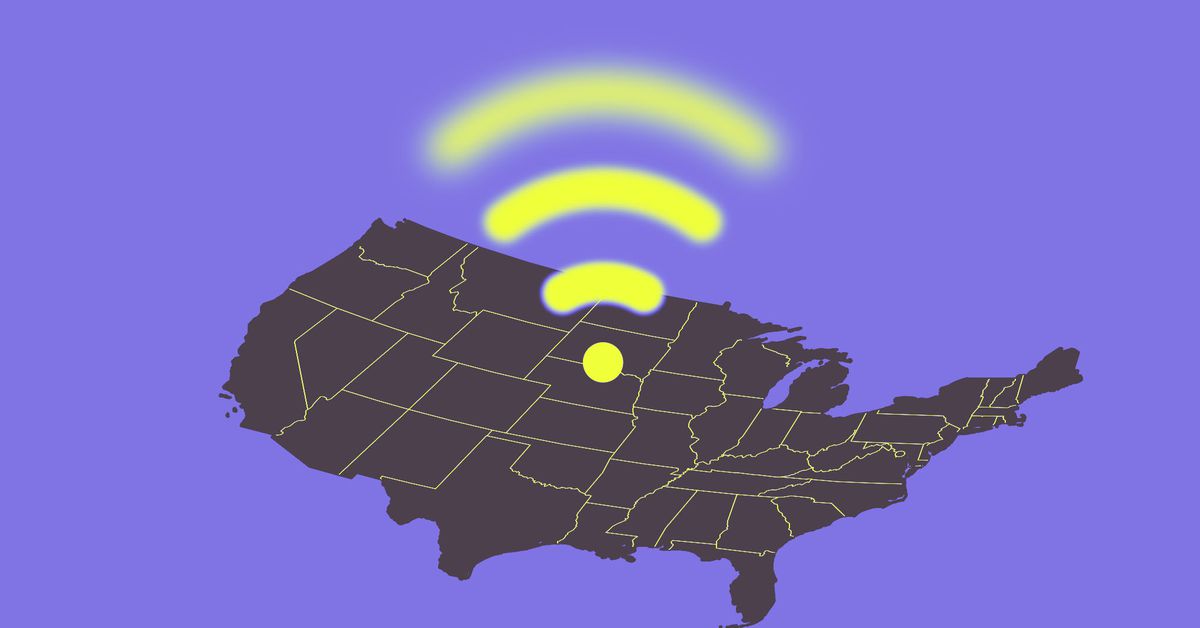Court Ruling Threatens the Future of Net Neutrality
A recent appeals court decision has sent shockwaves through the digital landscape, raising profound concerns about the future of net neutrality. As the implications of this ruling unfold, it ignites important debates about internet access and equality. The ruling not only impacts consumers but also poses significant challenges for content providers, leaving many questioning how this shift will alter the internet as we know it.
Understanding Net Neutrality
Net neutrality refers to the principle that Internet Service Providers (ISPs) must treat all data on the internet the same, without discriminating or charging differently by user, content, website, platform, application, or method of communication. This concept ensures that everyone has equal access to the internet and that ISPs cannot prioritize their own content or that of paying customers over others.
Advocates argue that net neutrality is essential for maintaining a free and open internet, fostering innovation, and preserving consumer choice. Conversely, opponents contend that regulation stifles investment in infrastructure and may lead to inefficiencies in service delivery.
The Recent Court Ruling
The recent court ruling challenges the previous classification of broadband internet under Title II of the Communications Act, which provided the foundation for net neutrality rules established during the Obama administration. This classification allowed the Federal Communications Commission (FCC) to regulate ISPs more rigorously, ensuring that they could not engage in discriminatory practices.
However, the appeals court sided with the arguments presented by ISPs, stating that the FCC had overstepped its authority. This decision effectively dismantles the regulatory framework that upheld net neutrality, raising alarms about potential consequences for consumers and small businesses alike.
What’s at Stake?
The implications of this ruling are far-reaching and multifaceted. Here are some of the critical concerns that have emerged:
- Access to Information: Without net neutrality, ISPs could throttle or block access to certain websites, limiting the information available to consumers. This could create a tiered internet where only those who can afford to pay for higher speeds or priority access receive the best service.
- Innovation and Competition: Startups and small businesses often rely on equal access to the internet to compete with larger corporations. The absence of net neutrality could create a scenario where only well-funded companies can afford to ensure their content reaches consumers effectively.
- Consumer Costs: ISPs may introduce new pricing models that charge consumers extra for access to specific content or services, similar to cable television packages. This could lead to a situation where consumers must navigate a complex web of fees just to access the internet fully.
- Political Control: Governments may exert pressure on ISPs to restrict access to certain viewpoints or information, undermining democratic discourse. The lack of regulatory oversight could allow for censorship and manipulation of information.
The Response from Stakeholders
The ruling has prompted a significant backlash from various stakeholders, including consumer advocacy groups, tech companies, and lawmakers. Here’s a look at how different parties are reacting:
- Consumer Advocacy Groups: Organizations like the Electronic Frontier Foundation (EFF) and Public Knowledge have condemned the ruling, stating it threatens the fundamental principles of a free internet.
- Tech Companies: Major players in the tech industry, including Netflix and Google, have vocally supported net neutrality, asserting that it fosters innovation and competition. They fear that a lack of regulation will lead to an internet that favors established companies over newcomers.
- Lawmakers: Some lawmakers are pushing for new legislation to reinstate net neutrality protections. Bipartisan support has emerged, with some Republicans recognizing the potential economic impacts of a tiered internet.
Future Implications for Internet Users
The future of net neutrality remains uncertain, but several potential scenarios could unfold:
- New Legislation: In response to public outcry and advocacy, Congress may introduce new laws to protect net neutrality and reinstate it at the federal level. This could involve reclassifying broadband services under Title II once again.
- State-Level Regulations: Some states have already begun to implement their own net neutrality laws, which may lead to a patchwork of regulations across the country. This could create confusion for consumers and ISPs operating in multiple states.
- Market Responses: With consumers becoming increasingly aware of these issues, ISPs may face pressure to adopt voluntary net neutrality principles to maintain customer loyalty and avoid backlash.
What Can Consumers Do?
In the wake of this ruling, consumers can take several steps to advocate for net neutrality and ensure their voices are heard:
- Educate Yourself: Understanding the implications of net neutrality and how it affects internet access is crucial. Stay informed about the issue through reputable news sources and advocacy organizations.
- Engage with Lawmakers: Reach out to your elected representatives to express your support for net neutrality. Share your concerns about the potential impact of the ruling on consumers and small businesses.
- Support Advocacy Groups: Consider supporting organizations that fight for digital rights and net neutrality. Your contribution can help amplify their efforts in lobbying for stronger protections.
Conclusion: The Path Forward
The recent court ruling poses a significant threat to the future of net neutrality, raising critical questions about internet access, equality, and consumer rights. As advocates and lawmakers mobilize to respond to these challenges, the digital landscape may be on the brink of a transformative change. While the road ahead is fraught with uncertainty, public engagement and advocacy can play a vital role in shaping a future where the internet remains a free and open space for all.
Ultimately, the fight for net neutrality is not just about rules and regulations; it’s about preserving the core values of innovation, competition, and equality that define the internet. As we navigate this complex issue, it’s essential to remember that the internet belongs to everyone, and its future should reflect the diverse voices and needs of its users.
See more Future Tech Daily

